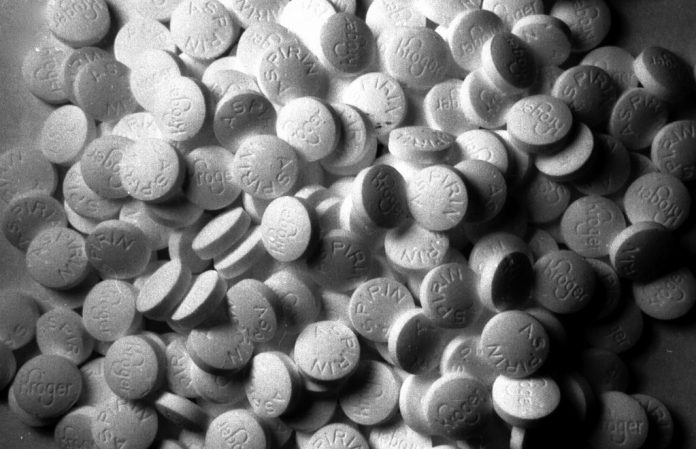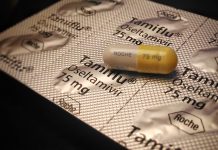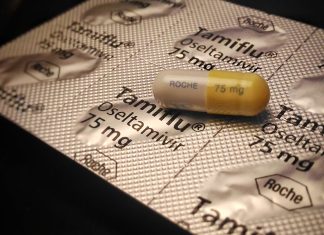
A new study conducted by researchers from Northwestern University in the U.S. found a link between taking aspirin daily and a higher risk of developing melanoma in men, the most dangerous form of skin cancer.
The Northwestern University researchers studied the medical records of 195,140 patients aged 18-89 years old with no history of melanoma before. Of the base number, about 1,187 were identified to be aspirin-exposed patients with 2.19% had a later diagnosis for melanoma, compared to the 0.86% of those who were not exposed to aspirin patients.
For the study, they included only patients who were taking aspirin daily for at least one year at a dose of 81 mg or 325 mg. When the scientists looked at the groups by gender, they found out that the men exposed to aspirin had almost double the risk of melanoma than the men who were unexposed to the drug. Surprisingly, the women exposed to aspirin did not have an increased risk to the drug.
All patients were monitored for at least five years to see if melanoma will occur over the long-term.
Senior researcher Dr. Beatrice Nardone was totally surprised by the findings, saying that aspirin was previously known to reduce the risk of colon, prostate, gastric, and breast cancer. “Given the widespread use of aspirin and the potential clinical impact of the link to melanoma, patients and health care providers need to be aware of the possibility of increased risk for men,” says Nardone. However, Nardone stressed the findings do not conclude that men should stop aspirin therapy to prevent a heart attack.
Nardone asserted that one potential reason why men are more susceptible to skin cancer is they have lower concentrations of protective enzymes compared to females. Likewise, Nardone advised administrators and medical practitioners to educate patients on avoiding harsh sun, tanning beds, and to regularly visit a dermatologist to reduce the risk of skin cancers.
Nardone theorized that a higher level of resulting oxidative cellular damage in men might contribute to the possibility of developing melanoma.
The researchers also noted that other studies proved a reduced risk of cancer incidence among aspirin-exposed men and an increased risk in aspirin-exposed women. This may be due to the differences in research methods.
The study was published online in the Journal of the American Academy of Dermatology.
What do you think of this finding of aspirin and skin cancer? Share your opinions in the comments below.
Image by Mike Steele / CC BY 2.0
Copyright 2024, DoctorFarrah.com











